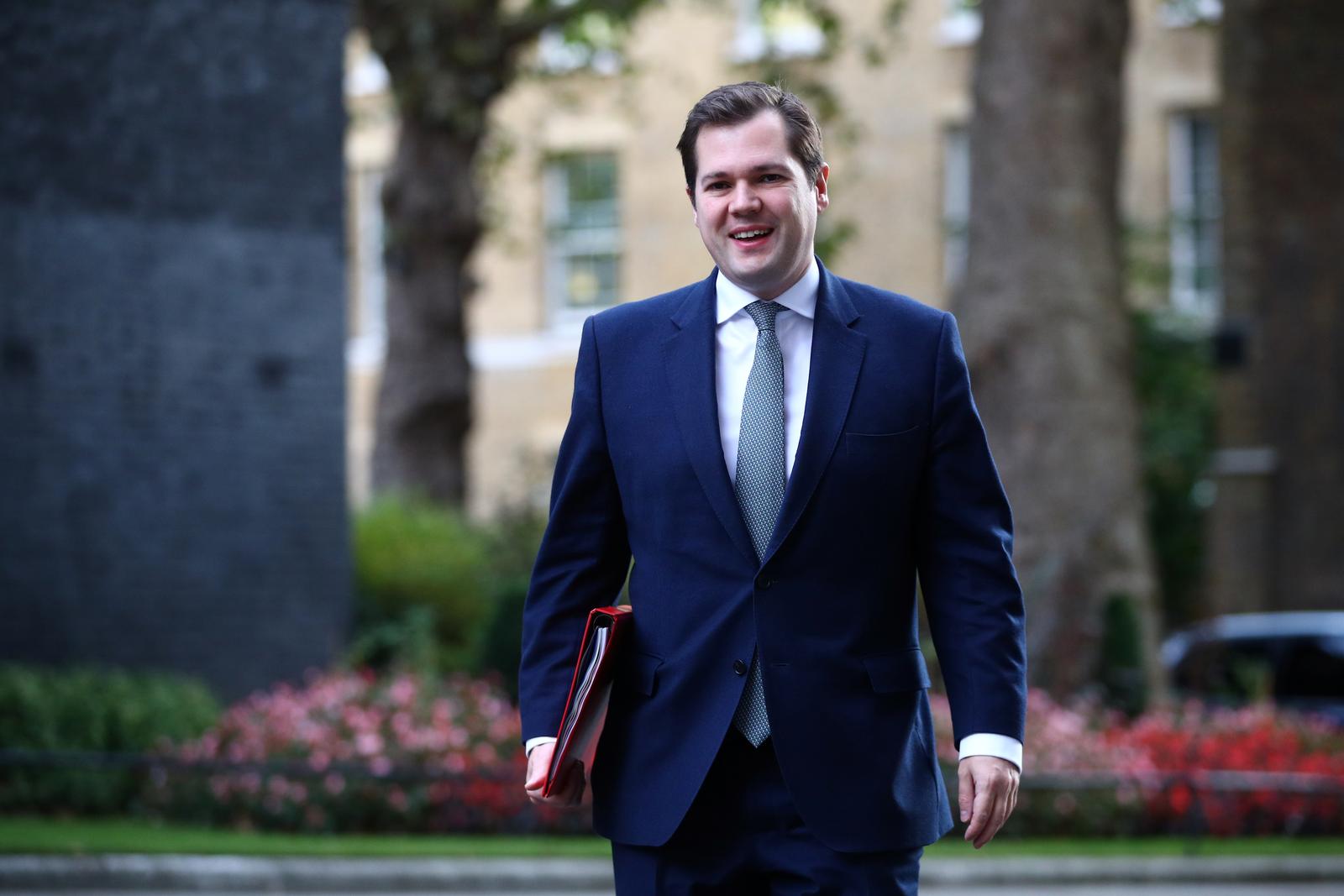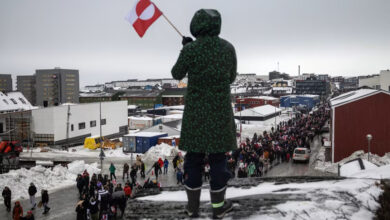
LONDON/BRUSSELS (Reuters) – The United Kingdom and the European Union have still not clinched a Brexit trade deal to avoid a turbulent split in just eight days time because of serious disagreements about competition and fishing, a British minister said on Wednesday.
The United Kingdom casts off into the unknown on Dec. 31 after a stormy 48-year liaison with the Franco-German led project which sought to bind the ruined nations of post-World War Two Europe into a global power.
Since formally exiting the EU on Jan. 31, the United Kingdom has been negotiating a free trade deal with the bloc in an attempt to ease its exit from the single market and customs union at the end of this year.
Thus far, no deal has been done and both sides have given an exhausting array of conflicting signals that indicate, variously, that a deal is imminent, that talks have far to go and that a disorderly no-trade deal exit could be on the cards.
“I’m still reasonably optimistic but there’s no news to report to you this morning,” British Housing Secretary Robert Jenrick told Sky News amid speculation in London that a deal could be announced on Wednesday.
“There’s still the same serious areas of disagreement whether that’s on fisheries or the level playing field,” he said. “But at the moment there isn’t sufficient progress. It isn’t a deal that the prime minister feels he can sign us up to.”
Ultimately, Prime Minister Boris Johnson, who is grappling with a deepening COVID-19 outbreak and a border crisis at Europe’s busiest truck port, will have to decide if the narrow deal on offer is worth signing up to.
Walking away might elicit applause from many Brexit supporters at home but would trigger severe trade disruption and end the EU divorce in acrimony.
An accord would ensure that the goods trade which makes up half of annual EU-UK commerce, worth nearly a trillion dollars in all, would remain free of tariffs and quotas.
DEAL TIME?
The EU is making a “final push” to strike a trade deal with Britain, although there are still deep rifts over fishing rights, chief negotiator Michel Barnier said on Tuesday before meeting EU ambassadors in Brussels.
Barnier told the closed-door gathering that the UK’s latest offer on sharing out the fish catch from British waters from 2021 was “totally unacceptable”, according to EU diplomats who spoke on condition of anonymity.
The sources said Britain has offered a 35% cut over three years in the value of the bloc’s catch for demersal fish, like the sole, that live close to the sea floor or the shore.
But that would not cover pelagic fish like the mackerel that live in open waters, where the catch would be subject to annual negotiations.
EU sources also said there was no clarity on the crucial zone stretching six to 12 nautical miles from UK shores where many smaller French or Belgian vessels fish. The loss of such access could not be compensated in the open seas.
The European Union needs at least four days to carry out procedures ensuring any agreement is applied from Jan.1, EU diplomatic sources said, meaning a deal is needed by early next week to avoid trade ruptures.
“I can’t imagine that we won’t find a deal,” Austrian Foreign Minister Alexander Schallenberg told the country’s APA news agency in an interview on Tuesday.
“I would consider it absurd if, after years of divorce negotiations, the UK ultimately jumps ship without a parachute and we suddenly no longer have any contractual relations at all,” Schallenberg added.
Reporting by Guy Faulconbridge, Kate Holton, Gabriela Baczynska, Michael Shields; editing by James Davey, Michael Holden, Kirsten Donovan
Image: Britain’s Secretary of State for Housing, Communities and Local Government Robert Jenrick walks outside Downing Street in London, Britain, September 30, 2020. REUTERS/Hannah McKay




